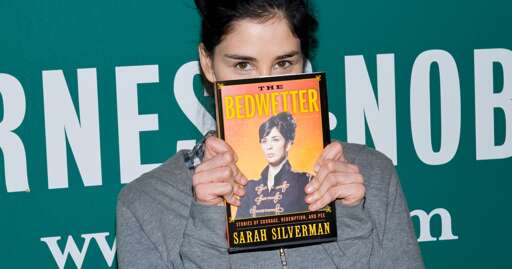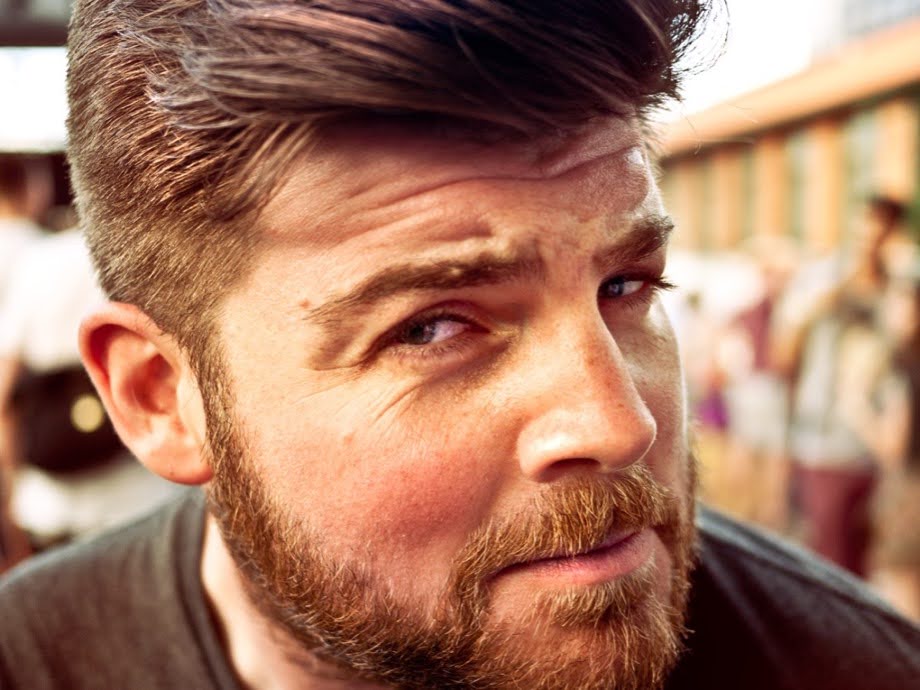- cross-posted to:
- piracy@lemmy.ml
- technology@beehaw.org
- cross-posted to:
- piracy@lemmy.ml
- technology@beehaw.org
Would she sue students who do book summaries for classes/lectures?
You don’t feel like there’s a difference between students and for-profit companies?
Mhm true the difference would be that there is money to get by sueing a for-profit company. Copyright doesn’t care about that.
Well, sure, that’s a cynical but also accurate description of the difference. The other, on a plaintiff level, is that they might be happy to turn a blind eye to student activity in the interests of ‘helping’ society in that way – whereas a for-profit company can and should be paying for anything they’re directly profiting from.
Obviously, under law, a student should also have to pay. I’m merely saying that an IP owner might choose to let it slide. So, y’know, that’s a difference too. If a more idealistic one. :)
I think a more appropriate comparison would be CliffNotes.
If they’re suing over summaries of their books and win, then the entire concept of the Cliff Notes company would be thrown into copyright liability, no?
AI does need to be regulated, but it needs to be regulated with common sense and forward-thinking. This lawsuit is not that.
Well, I’m no copyright lawyer and no enthusiast of the topic, but your confidence suggests you might be?
I can’t access the article anymore, but where you’ve said “if they’re suing over summaries of their books” — aren’t they suing over OpenAI using the entire text of their books to teach ChatGPT?
I’ve just done some quick googling, because your post led me to wonder, and it seems Cliffnotes is considered fair use because it summarises the books, using snippets of text for that purpose only.
Whereas, if OpenAI is using their books to teach their AI, they’re effectively creating derivative works every time those learnings are used in a chat response — especially if the request is “write this in the style of Sarah Silverman”.
Again I’m no lawyer, and maybe their case really isn’t strong enough, but the above distinction seems like a reasonable starting point to me.
It’s over the summaries of the books.
This is from The Verge’s article:
In the OpenAI suit, the trio offers exhibits showing that when prompted, ChatGPT will summarize their books, infringing on their copyrights. Silverman’s Bedwetter is the first book shown being summarized by ChatGPT in the exhibits, while Golden’s book Ararat is also used as an example, as is Kadrey’s book Sandman Slim. The claim says the chatbot never bothered to “reproduce any of the copyright management information Plaintiffs included with their published works.”
If The Verge is correct and the lawsuit is over summaries, I don’t see how the lawsuit would have any legal standing. But, then again, this SCOTUS hasn’t really concerned itself with the legal standing requirement in lawsuits, so the lawsuit could hold but for the wrong reasons.
Under a sane legal system, the plaintiffs could only hope to get the summaries properly cited. But, we aren’t exactly under a sane legal system.
Ba Dum Tss





